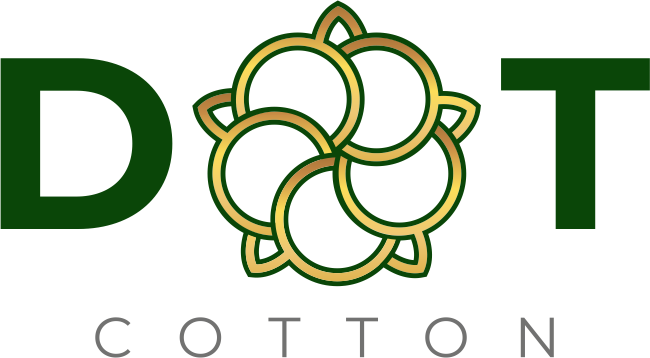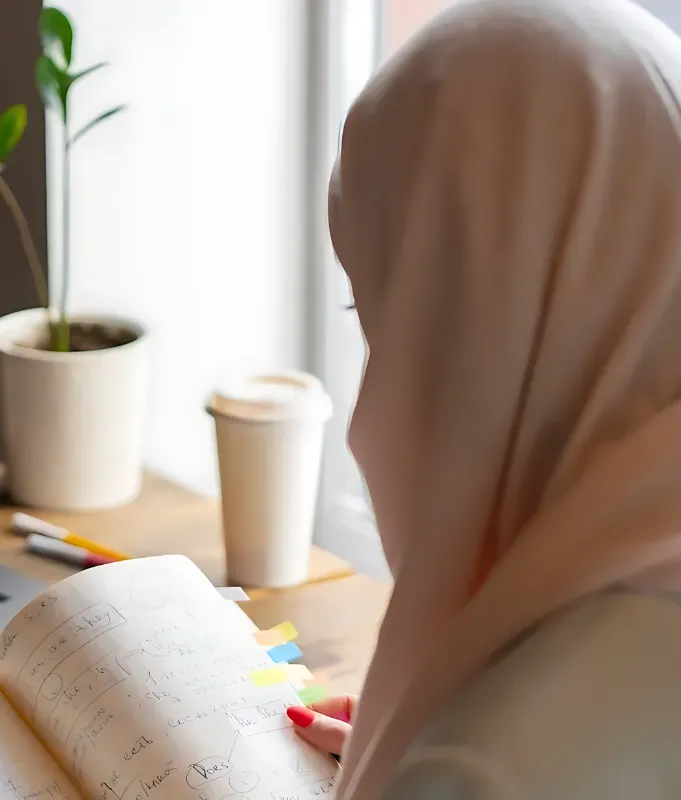




 About Us
About Us
Revolutionizing Cotton Trade with DOT Cotton
At DOT Cotton, we redefine the cotton trade industry, offering innovative solutions, impartial dispute resolution, and enhanced transparency, transforming business practices with every transaction.
- Trust-based strategic partnerships cultivation.
- Foster collaborative environments through advocacy.
- Prioritize enduring relationships, building trust.
- Unwavering assistance, streamlined trade process.
 our services
our services
End-to-End Support: DOT's Comprehensive Solutions
Elevate your cotton trade with DOT Cotton's comprehensive services. From sourcing to advocacy, we're here to elevate your business to new heights
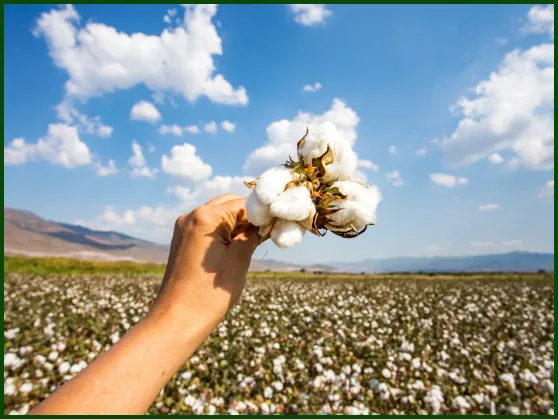
360° Sourcing Solutions
Gain access to raw cotton from every corner of the globe, ensuring quality and competitive prices for your needs by representing top International Cotton Merchants.
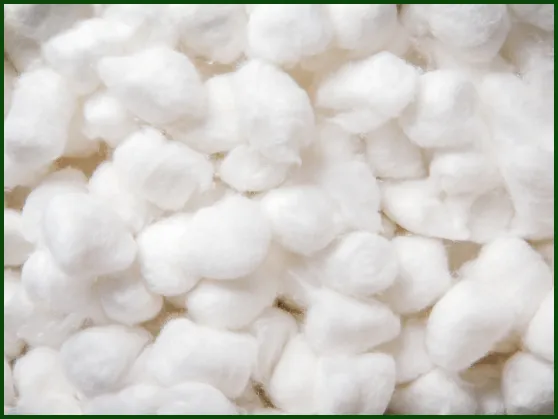
Arbitration Consultancy
In case of disputes in cotton contracts, rely on our expertise to navigate through challenges and find fair resolutions.
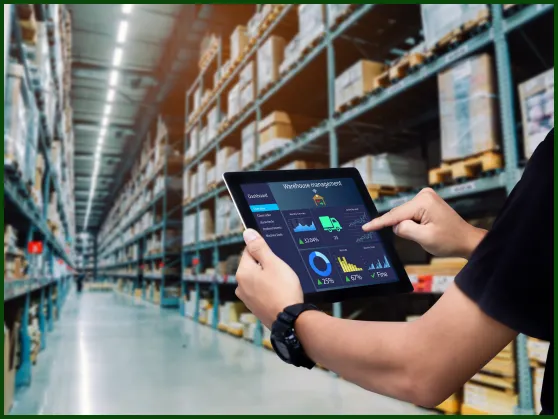
Media Advocacy
We amplify the voice of the cotton and textile industry through media platforms, bringing attention to key issues and advocating for sustainable solutions.
360° Sourcing Solutions
Arbitration Consultancy
Media Advocacy
 Landroute Trade
Landroute Trade
Innovating Cotton Trade
Leveraging Afghan Resources
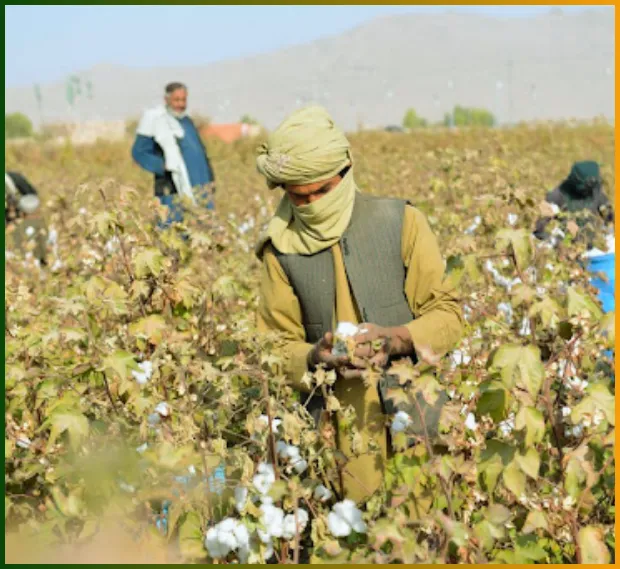
01. Optimized Sourcing from Afghanistan
Pakistan's cotton trade optimizes with 10% sourced from Afghanistan via a dedicated land route. Afghan cotton's benefits, like fewer leaves and competitive pricing, with streamlined payment in Pakistani currency, make it a prime choice for the country's spinning mills.
02. Dedicated Agency Partnership
Proudly serving as agents in Afghanistan's cotton landscape, we connect growers, ginners, and suppliers to Pakistan's spinning industry. Partnering with "Lar-n-Bar Cotton," we go beyond transactions, fostering quality, reliability, and strategic collaboration, defining our agency's mission.
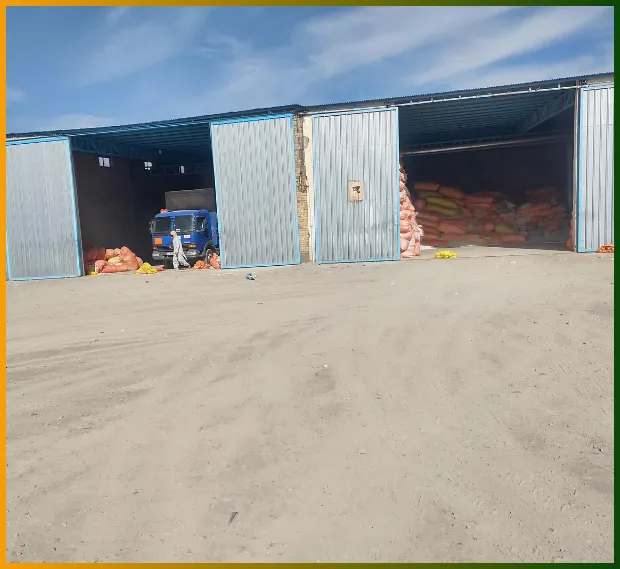
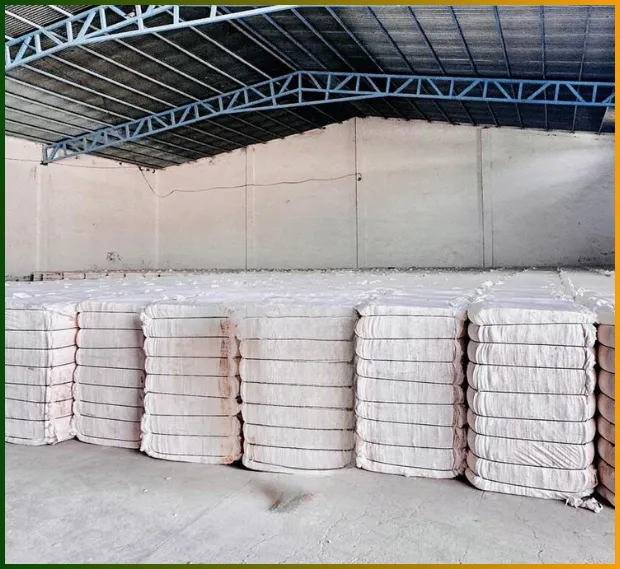
03. Efficient Transport and Support
In the textile industry's fast-paced landscape, we offer real-time insights and efficient land routes. Beyond market trends, our commitment ensures swift, secure Afghan cotton transportation. With unwavering support, we streamline trade processes for maximum efficiency.
Provide the highest quality work that meets your expectation
 Milestones
Milestones
Setting Market Standards High: Excellence at Every Angle
Industry Penetration
Media Advocacy
experience years
Trusted Clients

over all rating
Based on 2555 Reviews
 our testimonials
our testimonials
what our happy clients say
Textiles are materials made from fibers or yarn, and they are used to create a wide range of products such as clothing, household items, and industrial goods. The fibers used in textiles can be natural, such as cotton, wool, and silk, or synthetic, such as polyester, nylon, and acrylic. Textiles can be woven, knitted, or crocheted, and they can be dyed.

alex john martin
PhotographerTextiles are materials made from fibers or yarn, and they are used to create a wide range of products such as clothing, household items, and industrial goods. The fibers used in textiles can be natural, such as cotton, wool, and silk, or synthetic, such as polyester, nylon, and acrylic. Textiles can be woven, knitted, or crocheted, and they can be dyed.

Leia Organa
Fashion DesignerTextiles are materials made from fibers or yarn, and they are used to create a wide range of products such as clothing, household items, and industrial goods. The fibers used in textiles can be natural, such as cotton, wool, and silk, or synthetic, such as polyester, nylon, and acrylic. Textiles can be woven, knitted, or crocheted, and they can be dyed.

David K. Morris
PhotographerTextiles are materials made from fibers or yarn, and they are used to create a wide range of products such as clothing, household items, and industrial goods. The fibers used in textiles can be natural, such as cotton, wool, and silk, or synthetic, such as polyester, nylon, and acrylic. Textiles can be woven, knitted, or crocheted, and they can be dyed.

alex john martin
Photographer our latest blog
our latest blog
